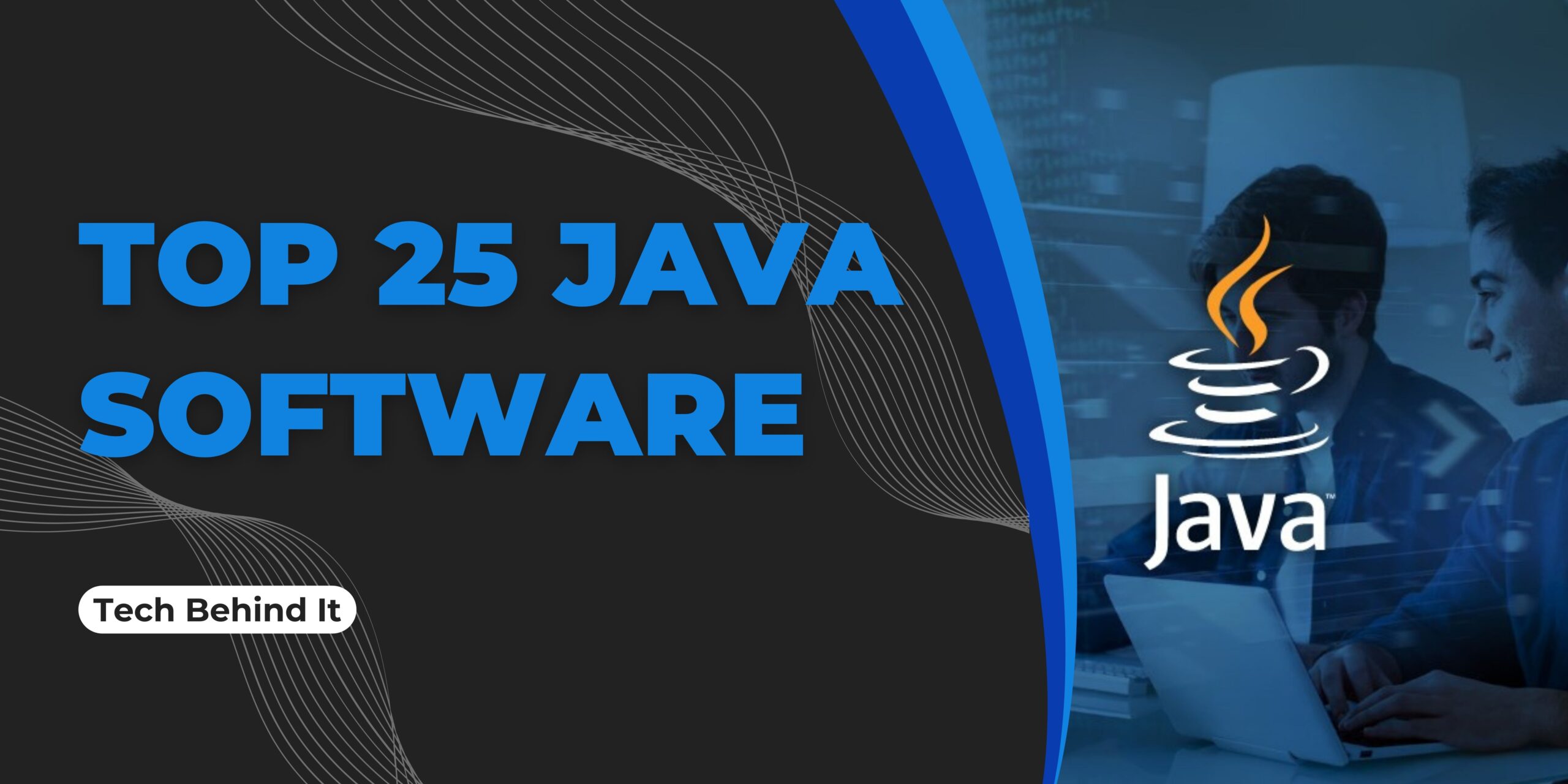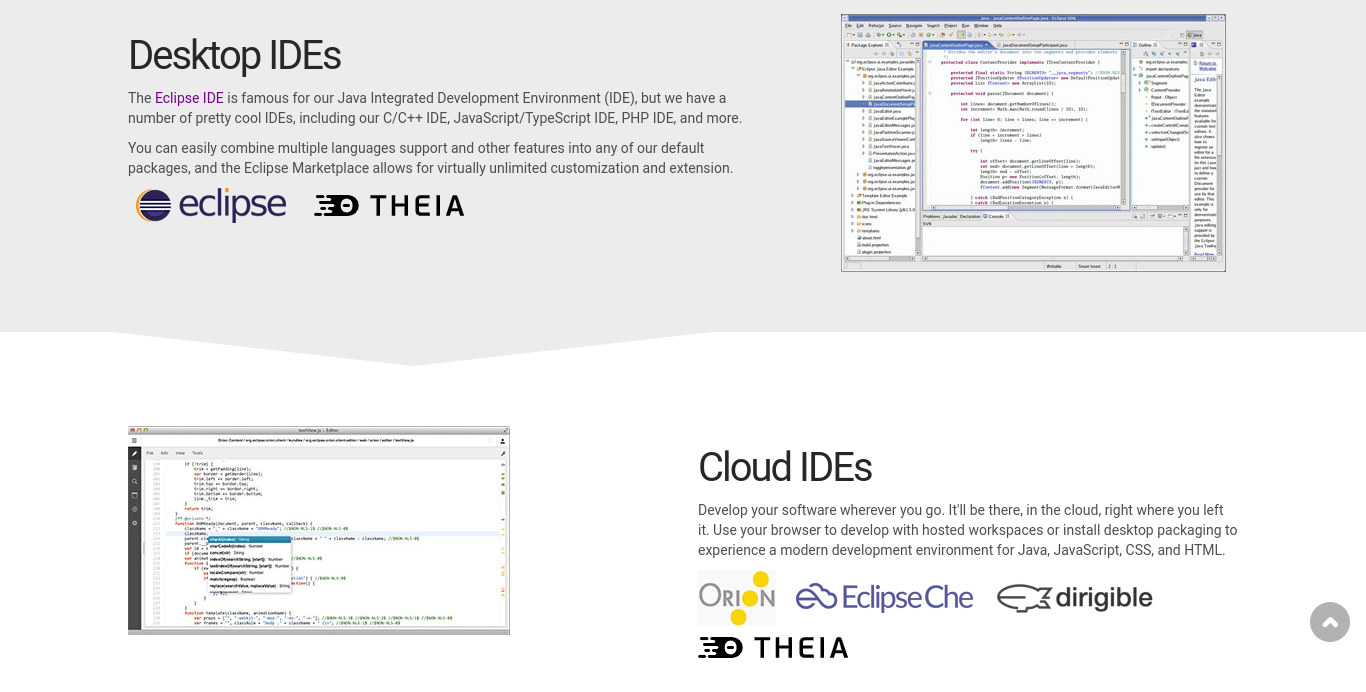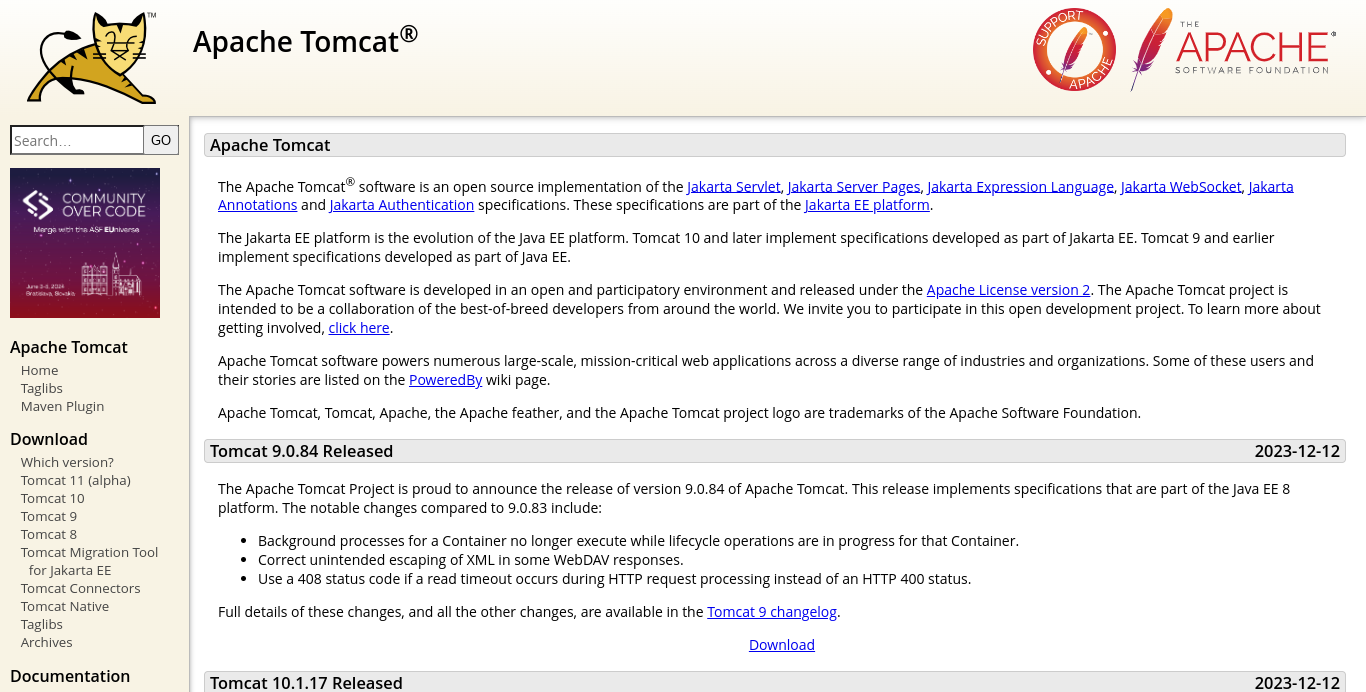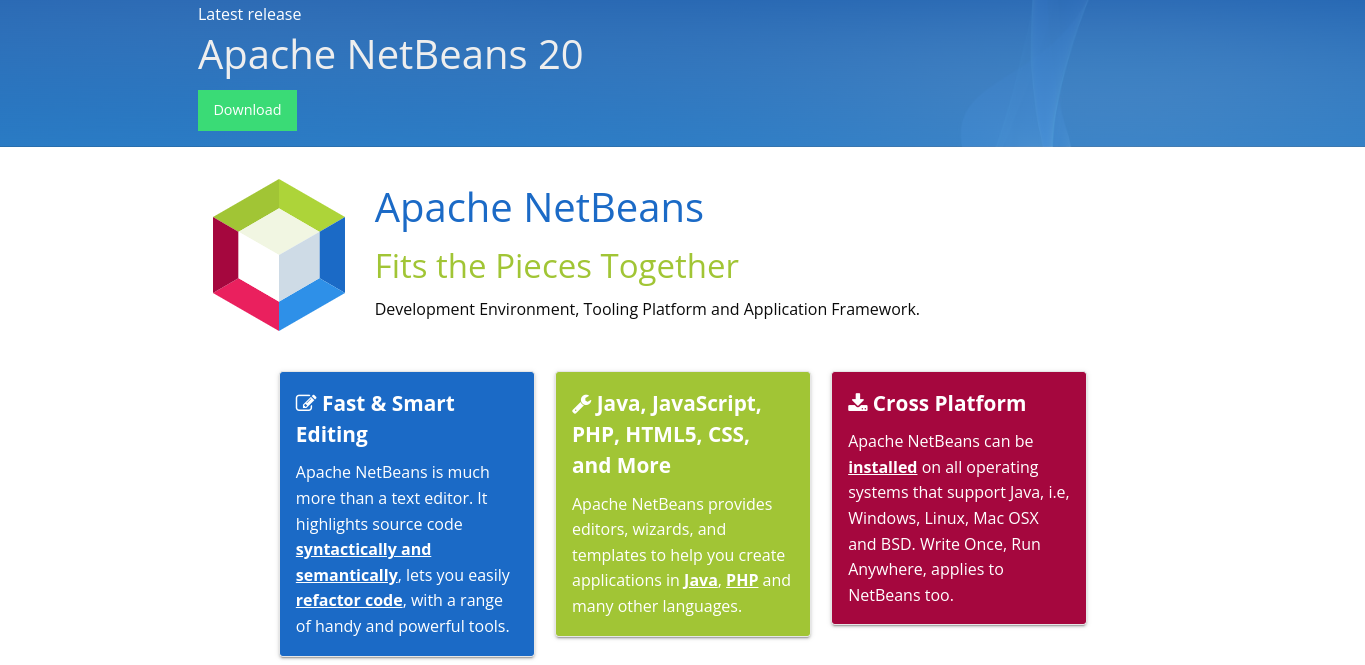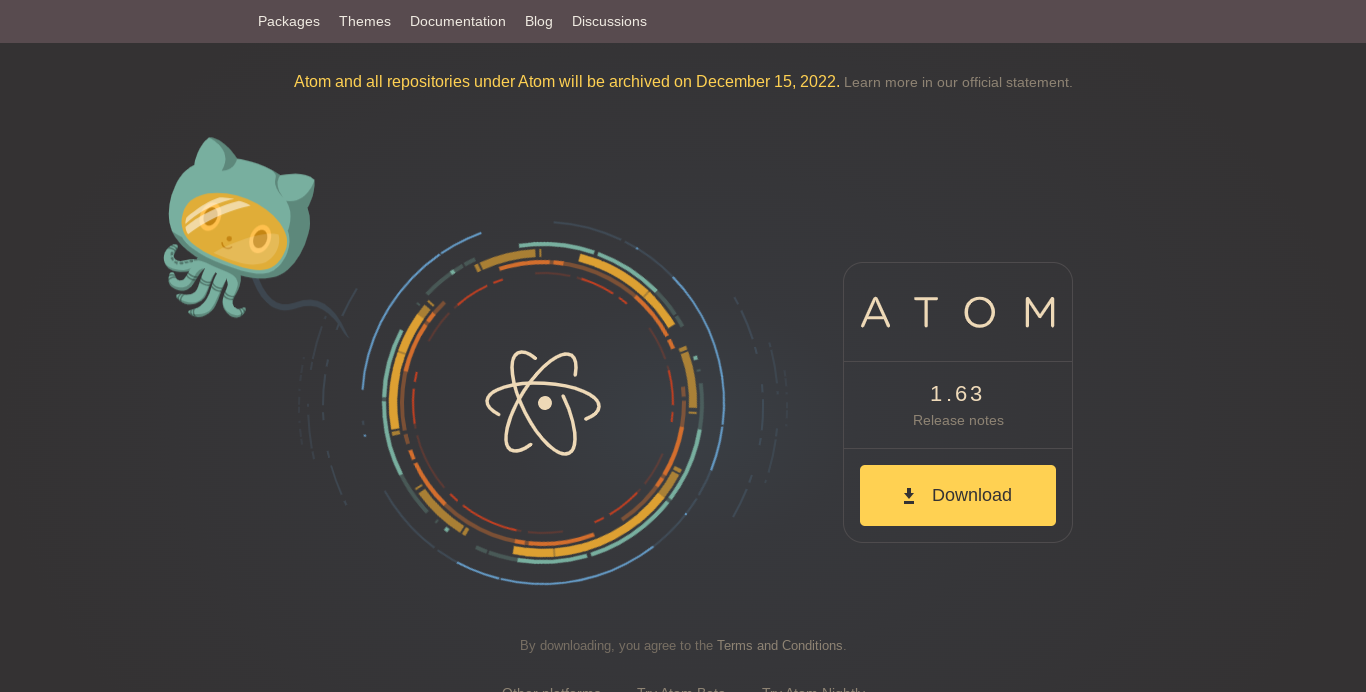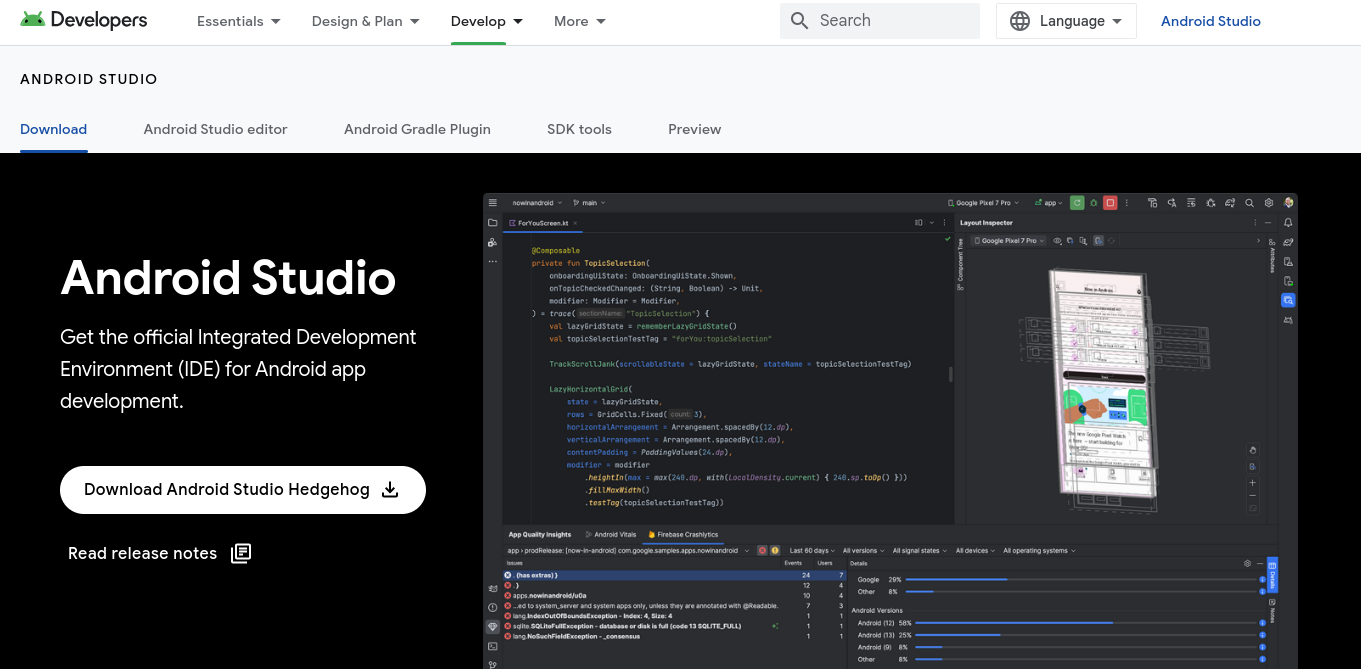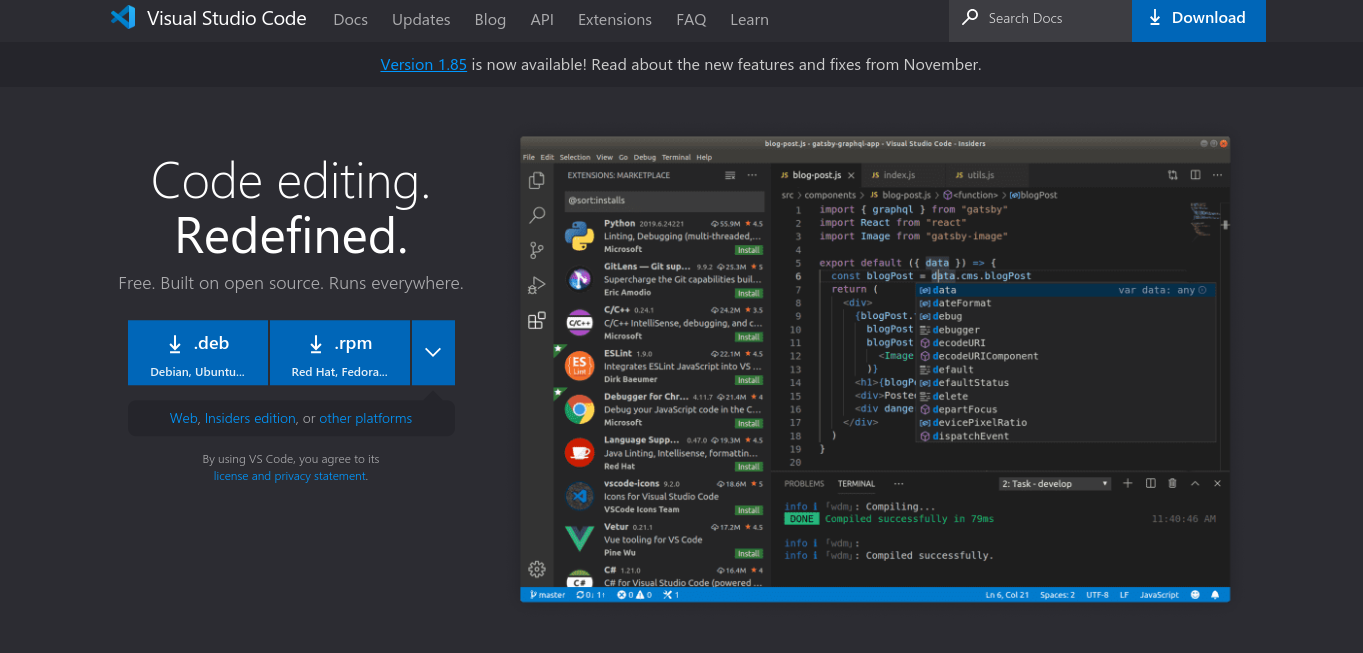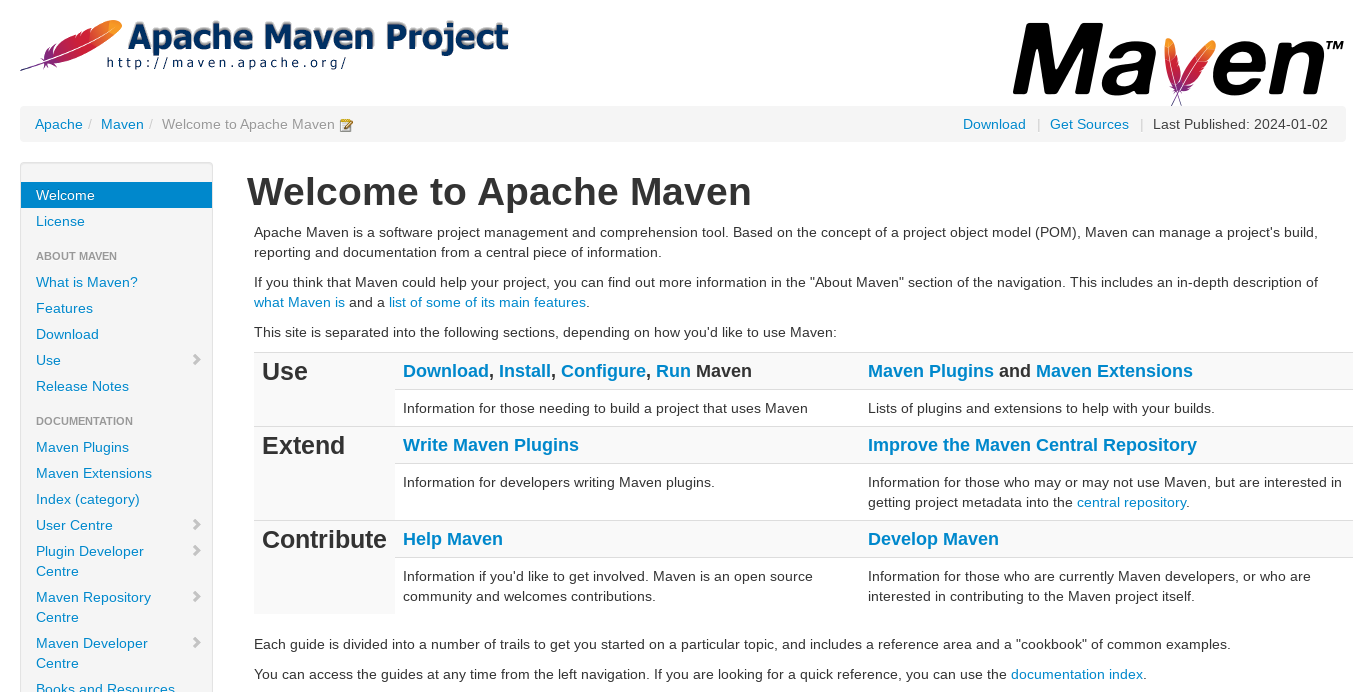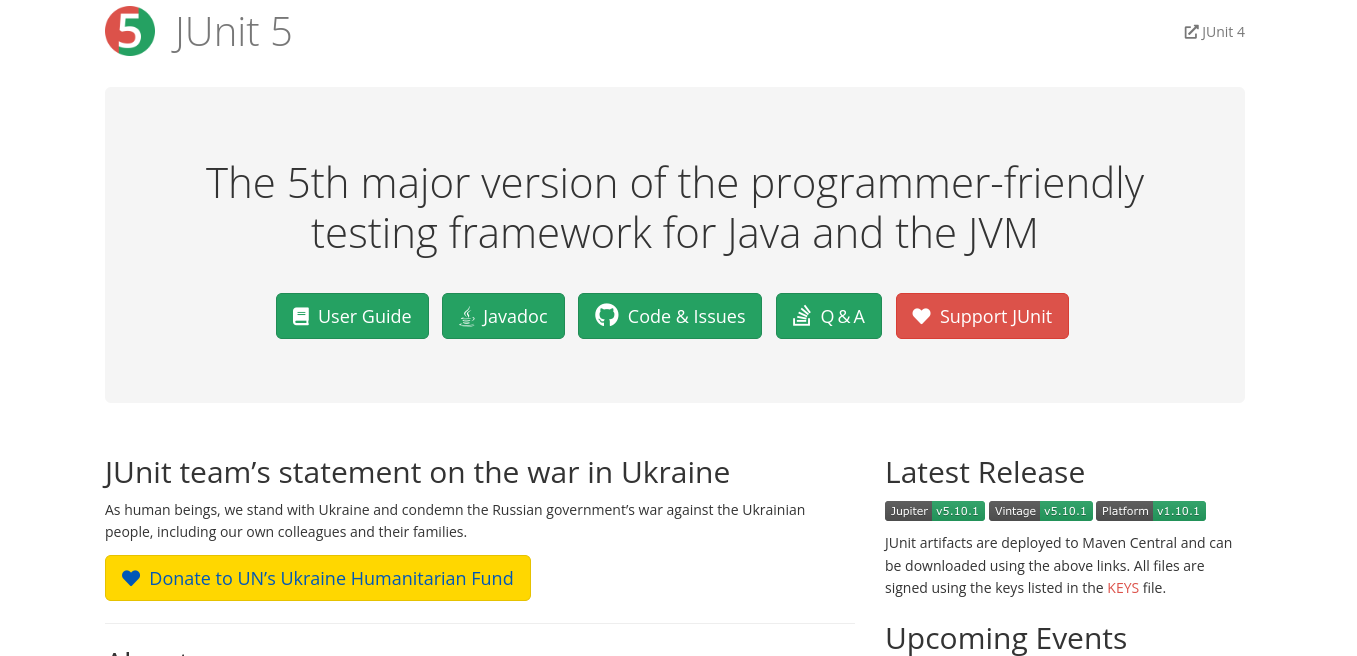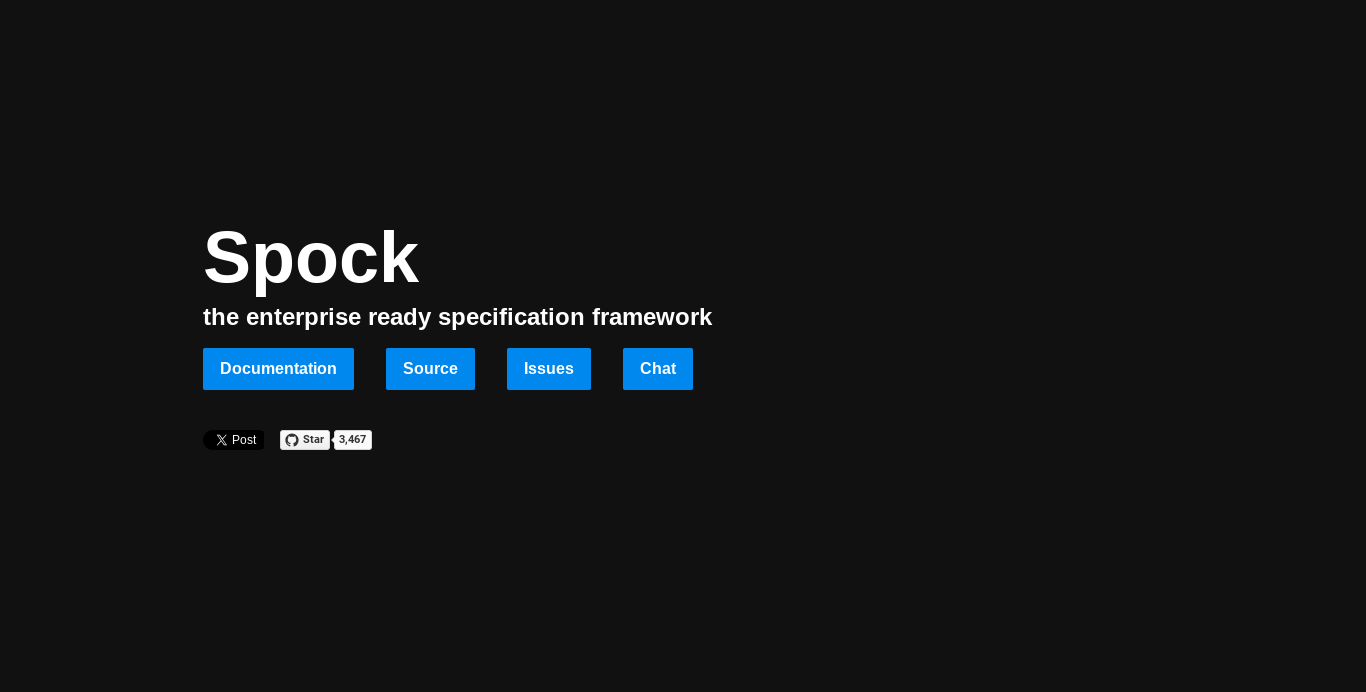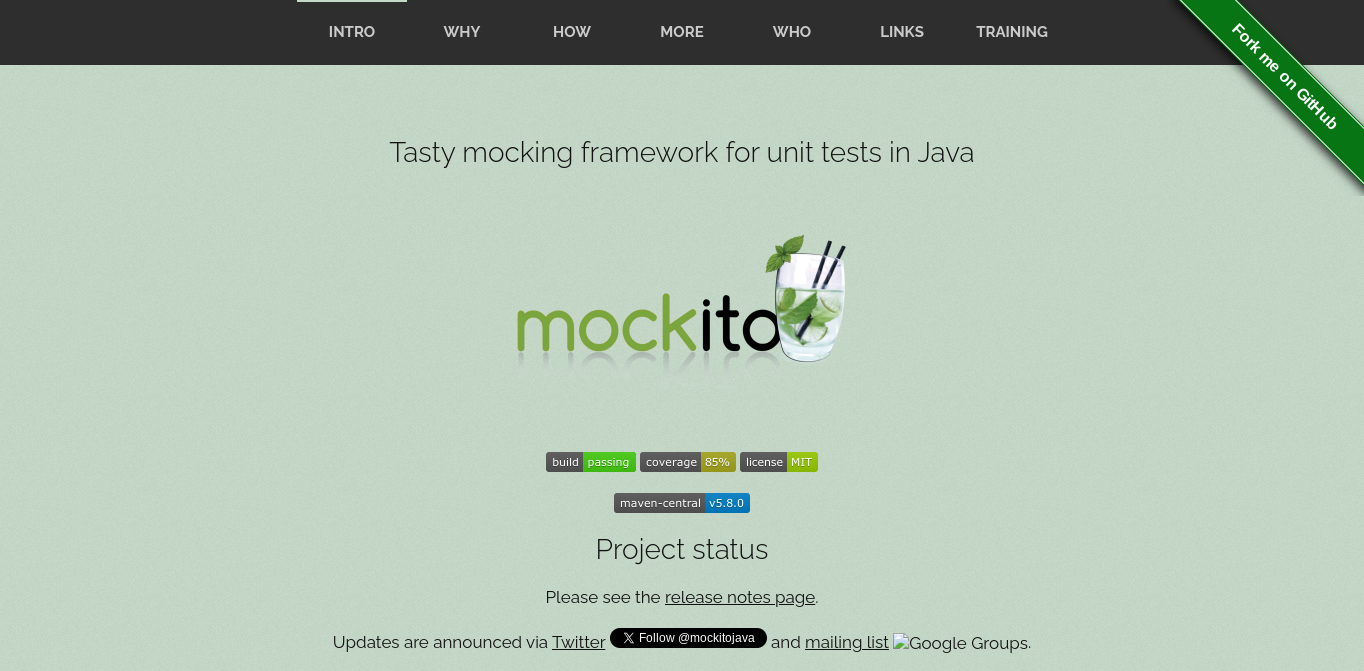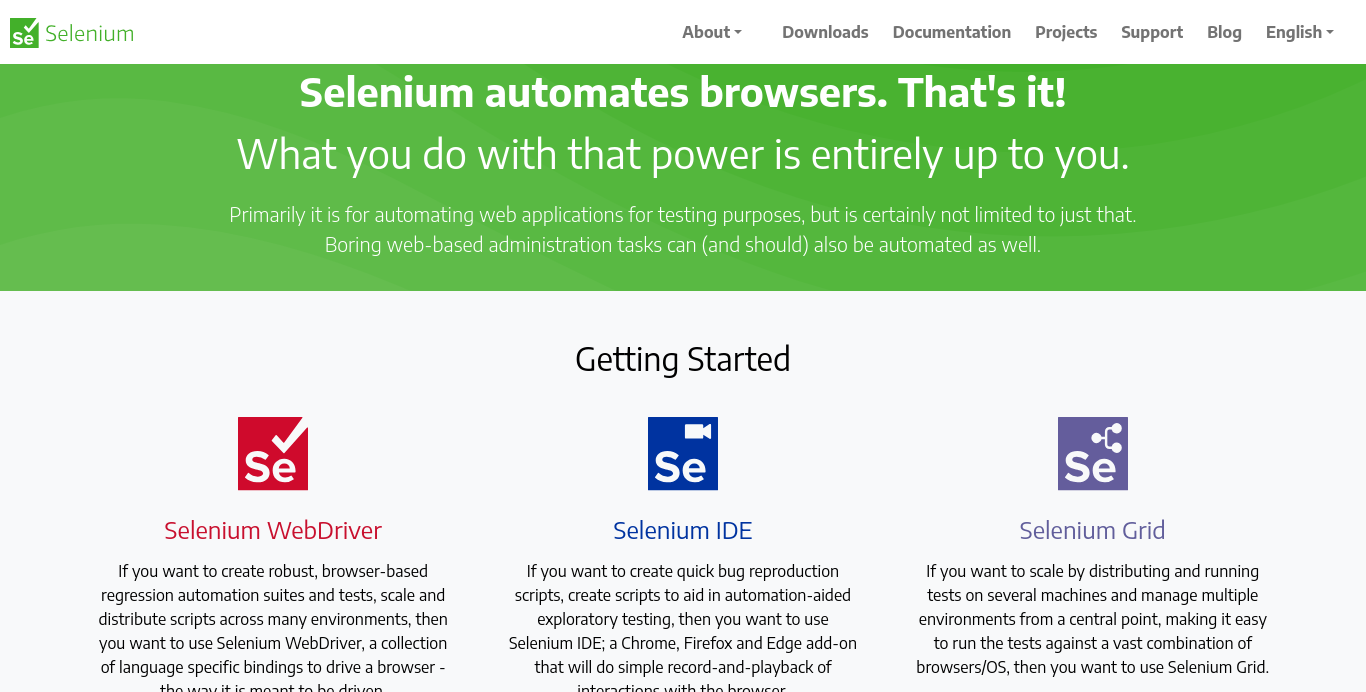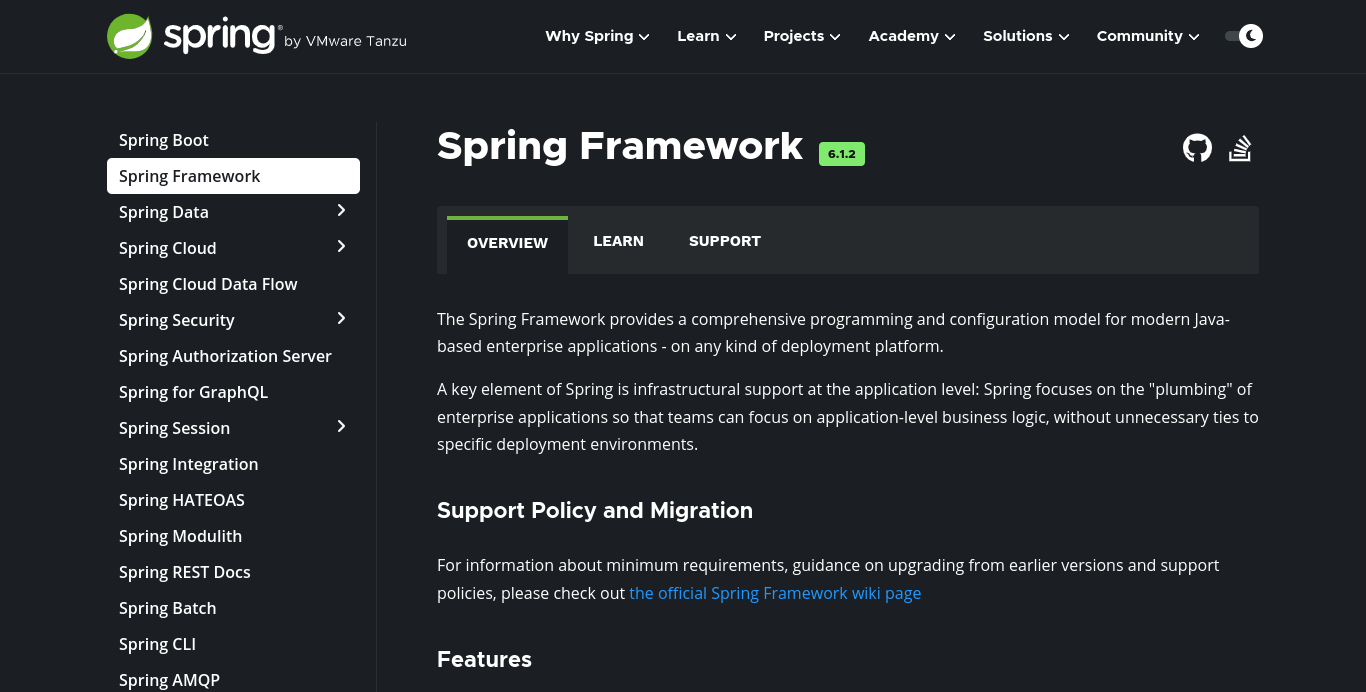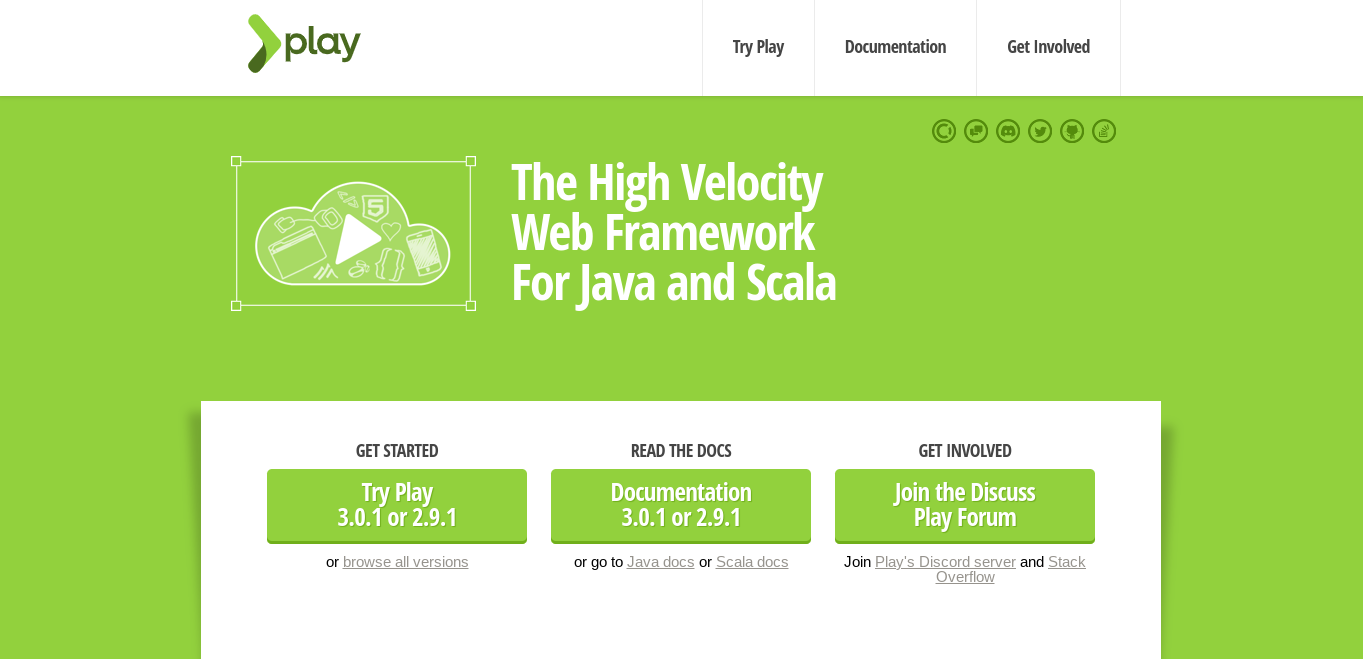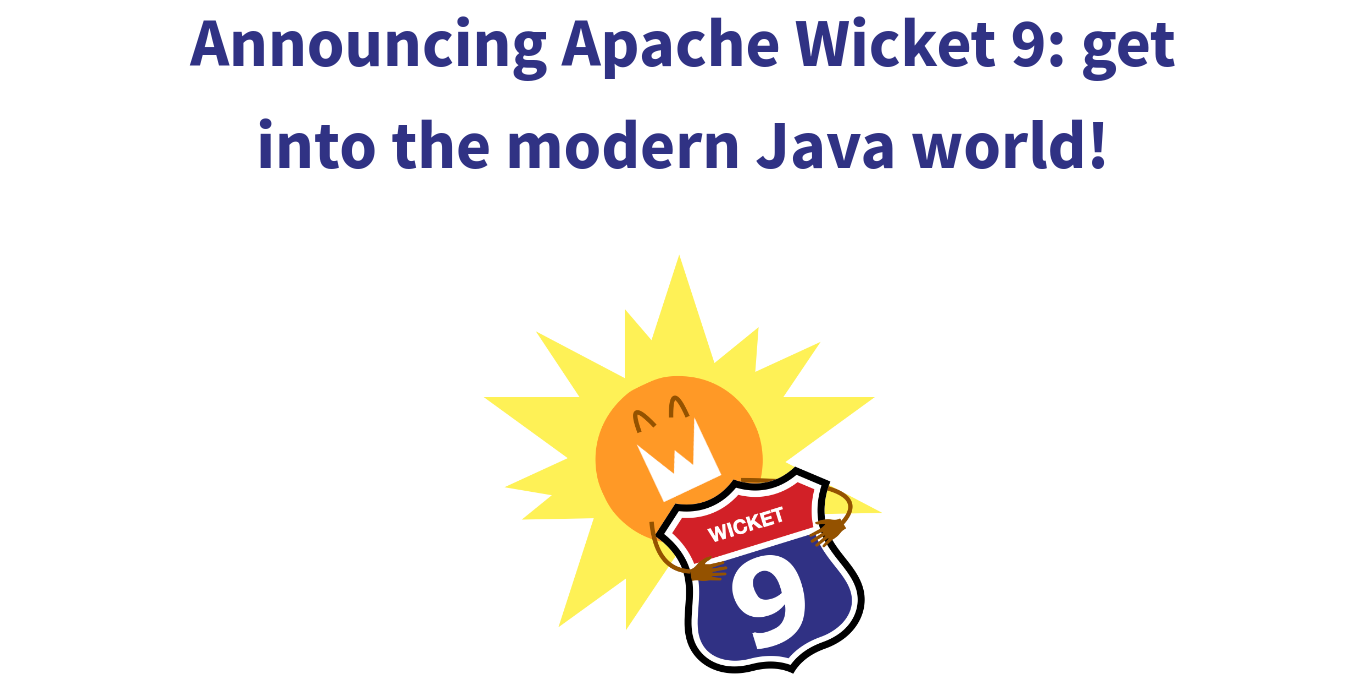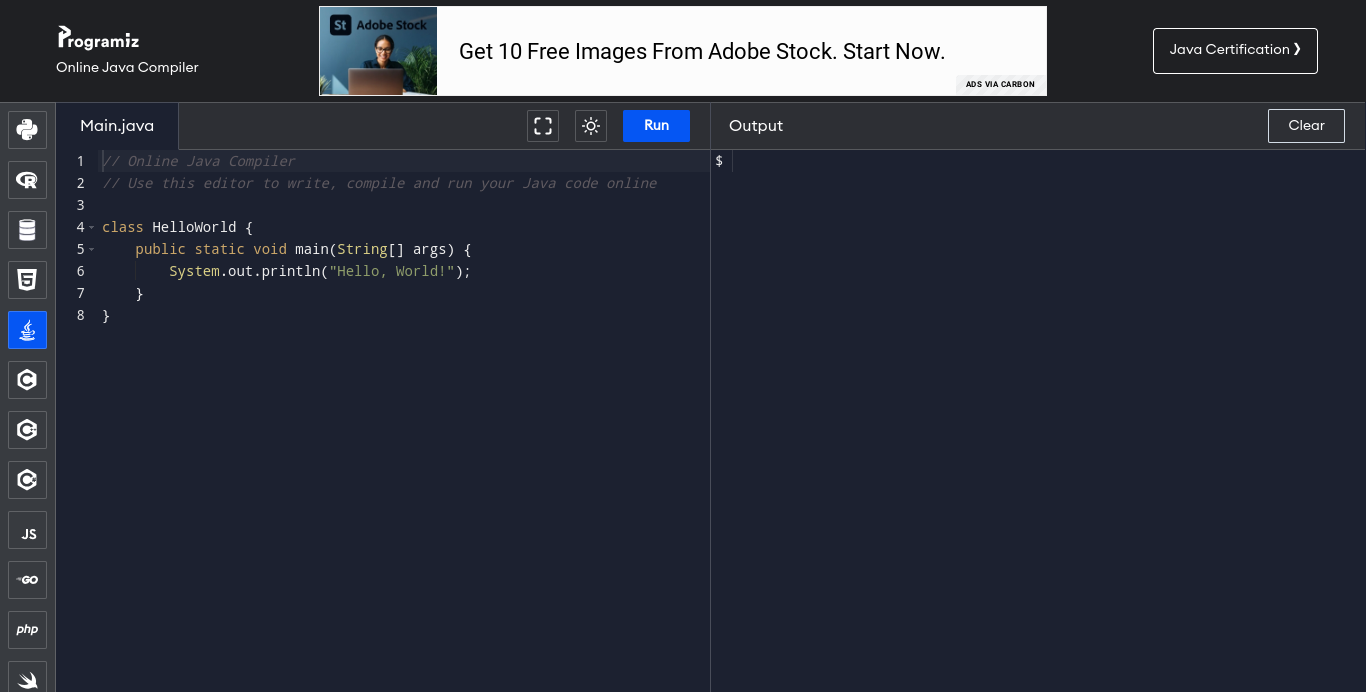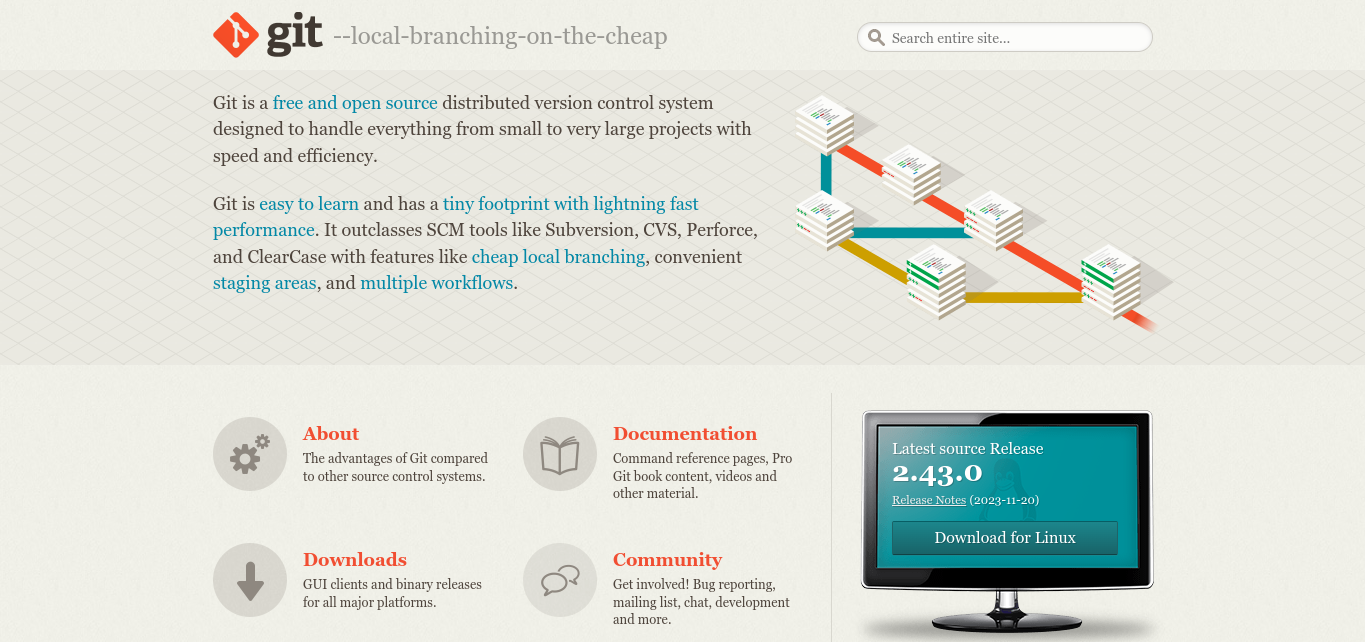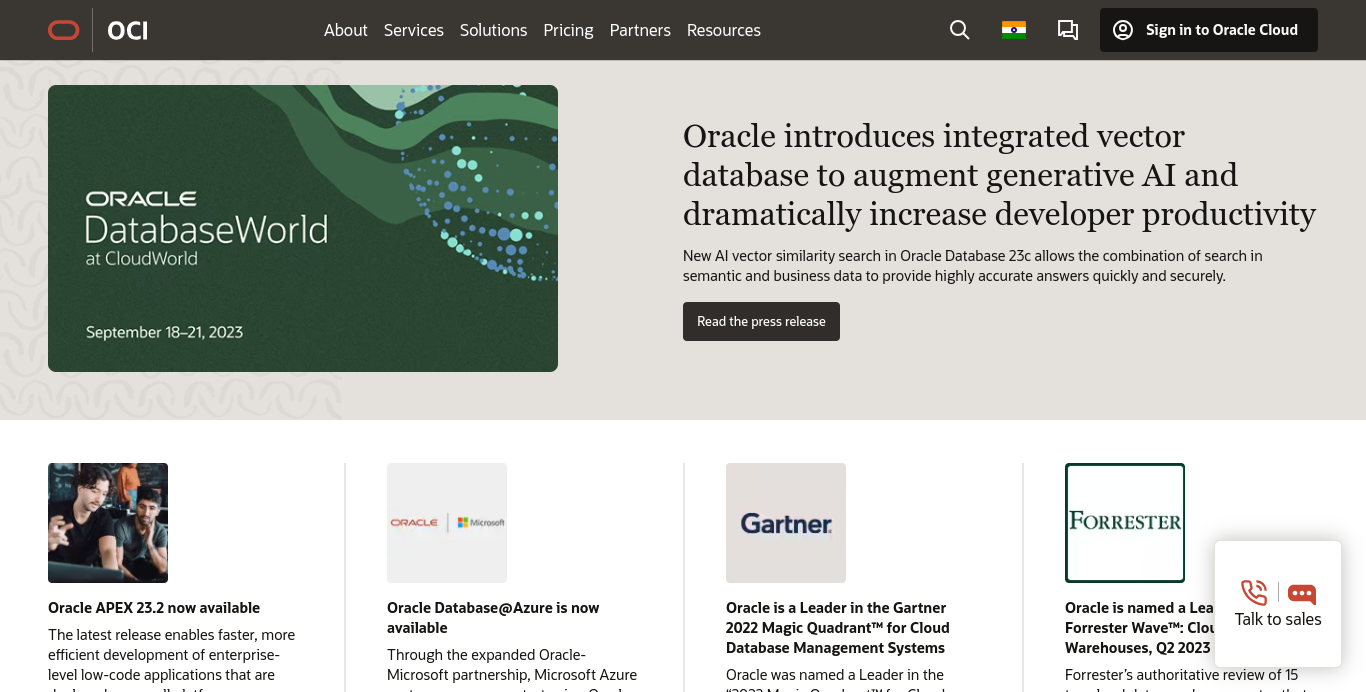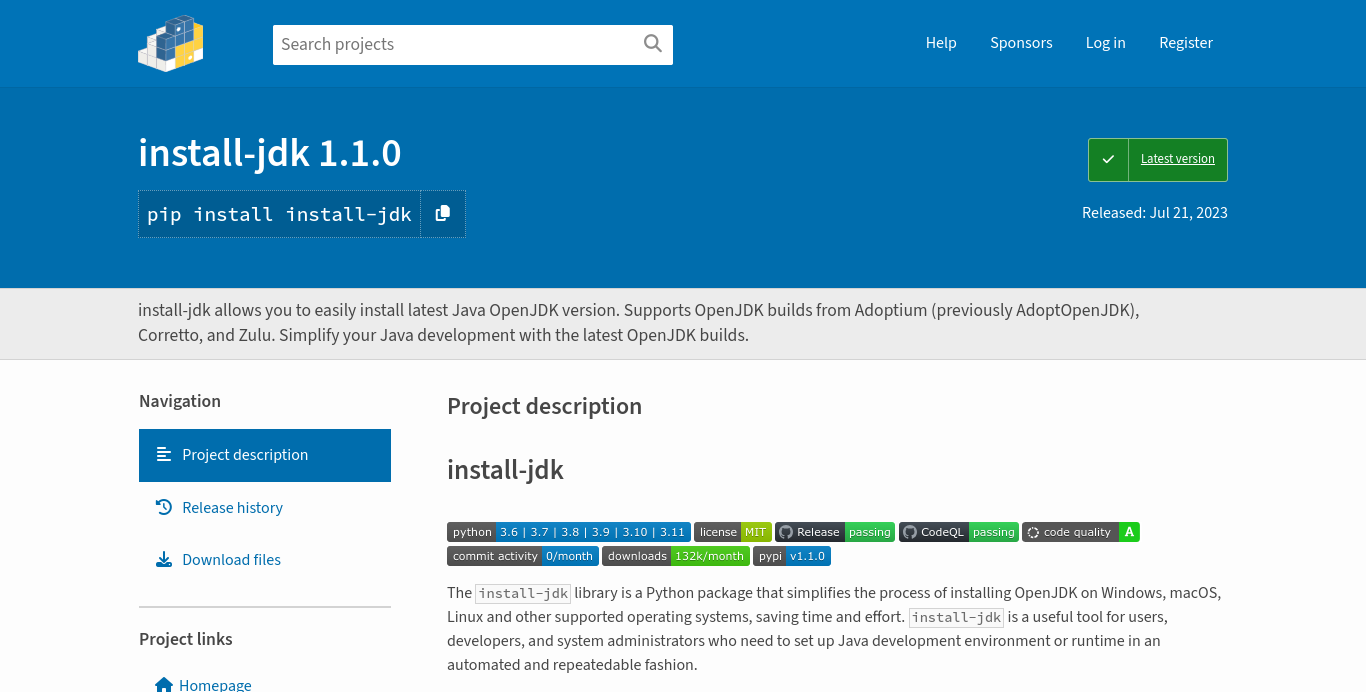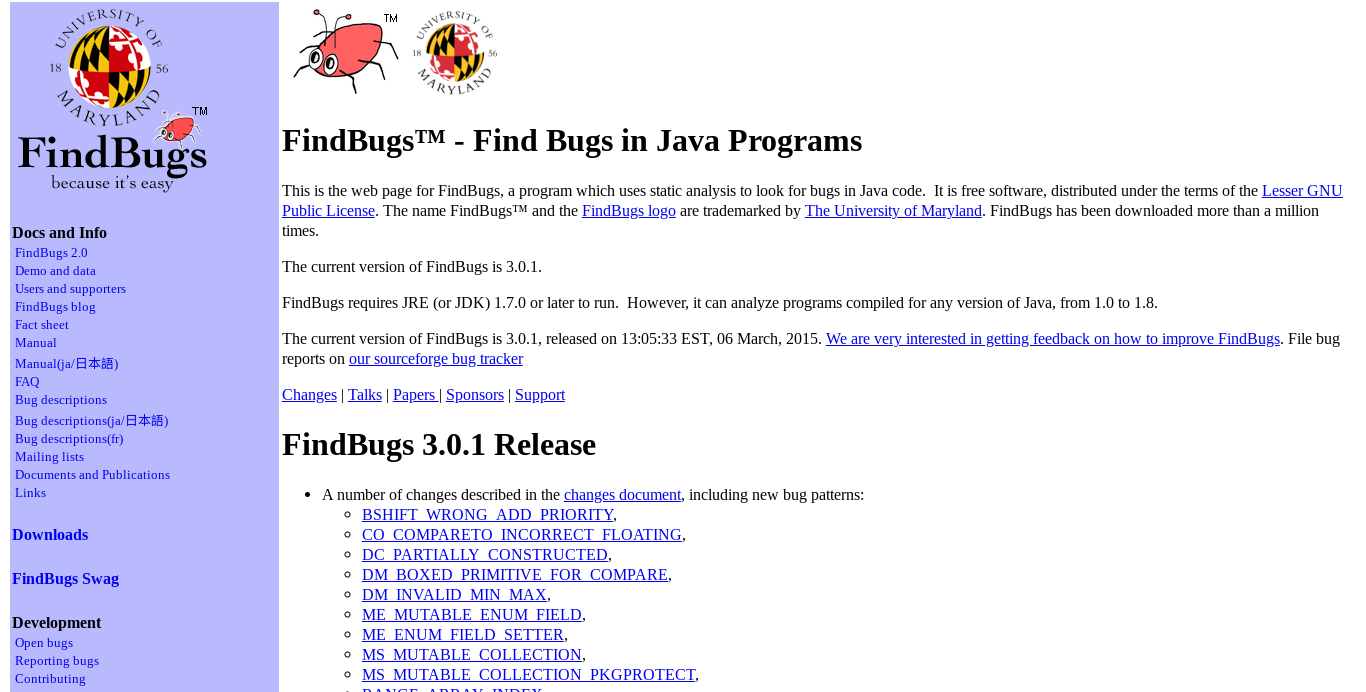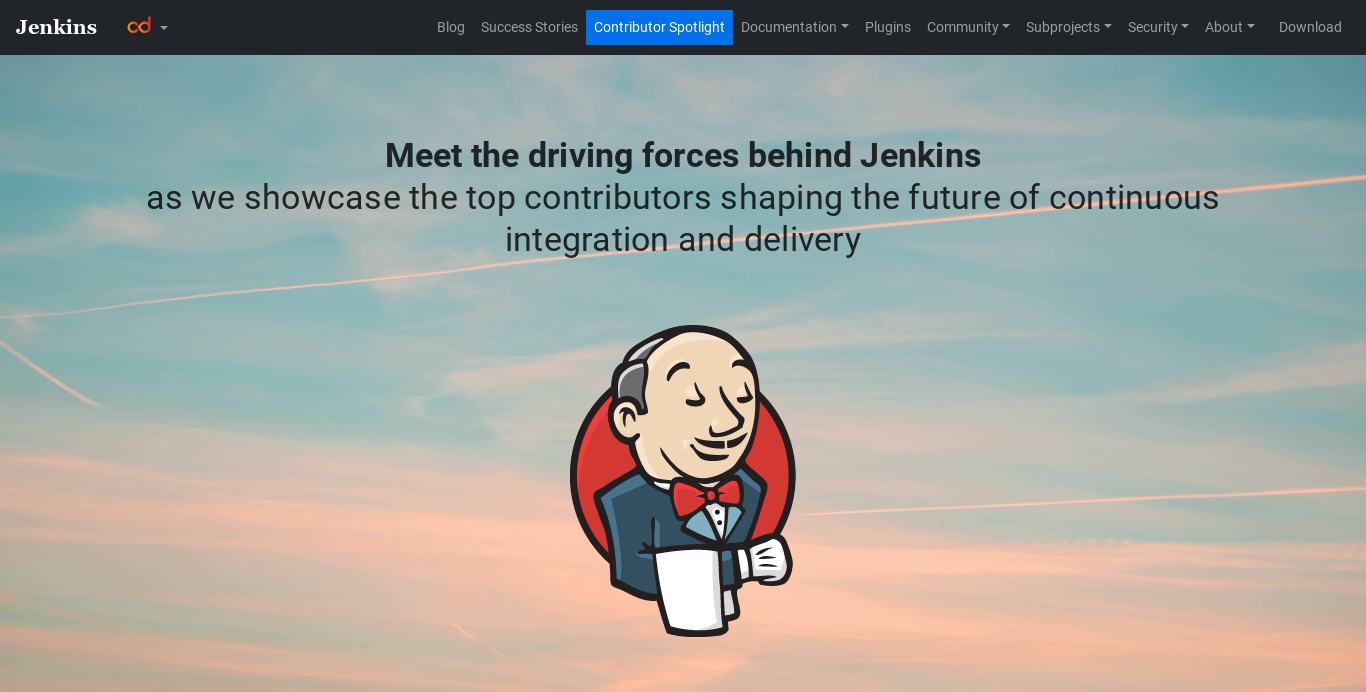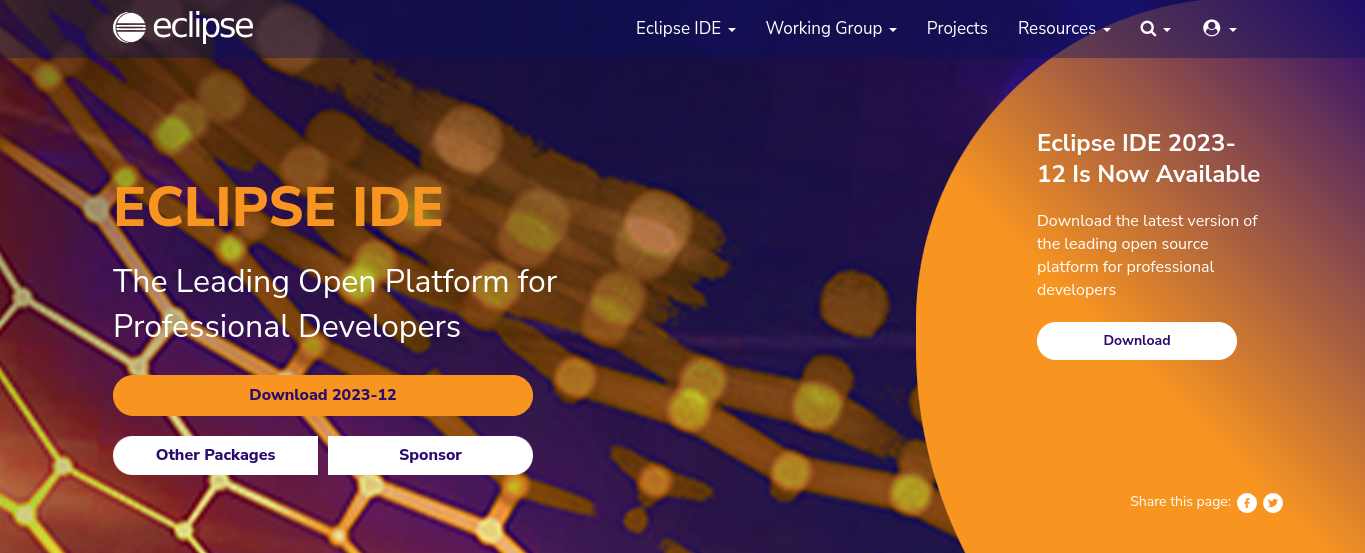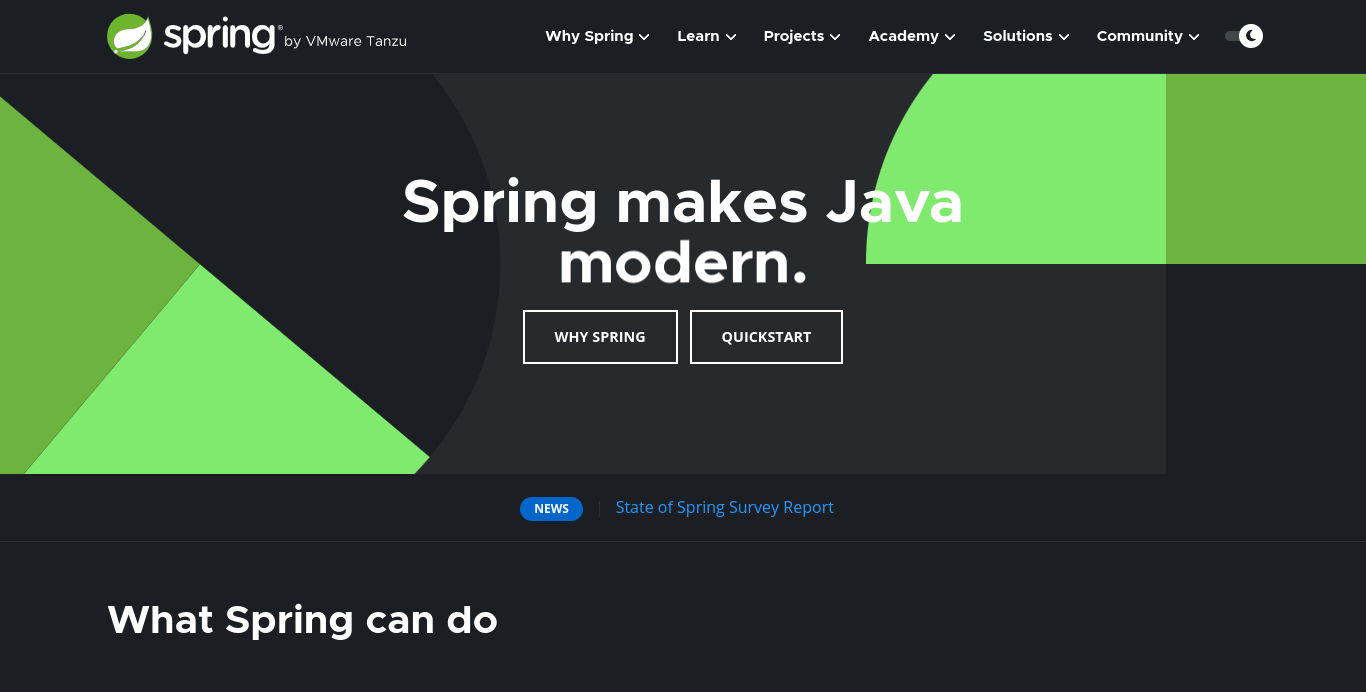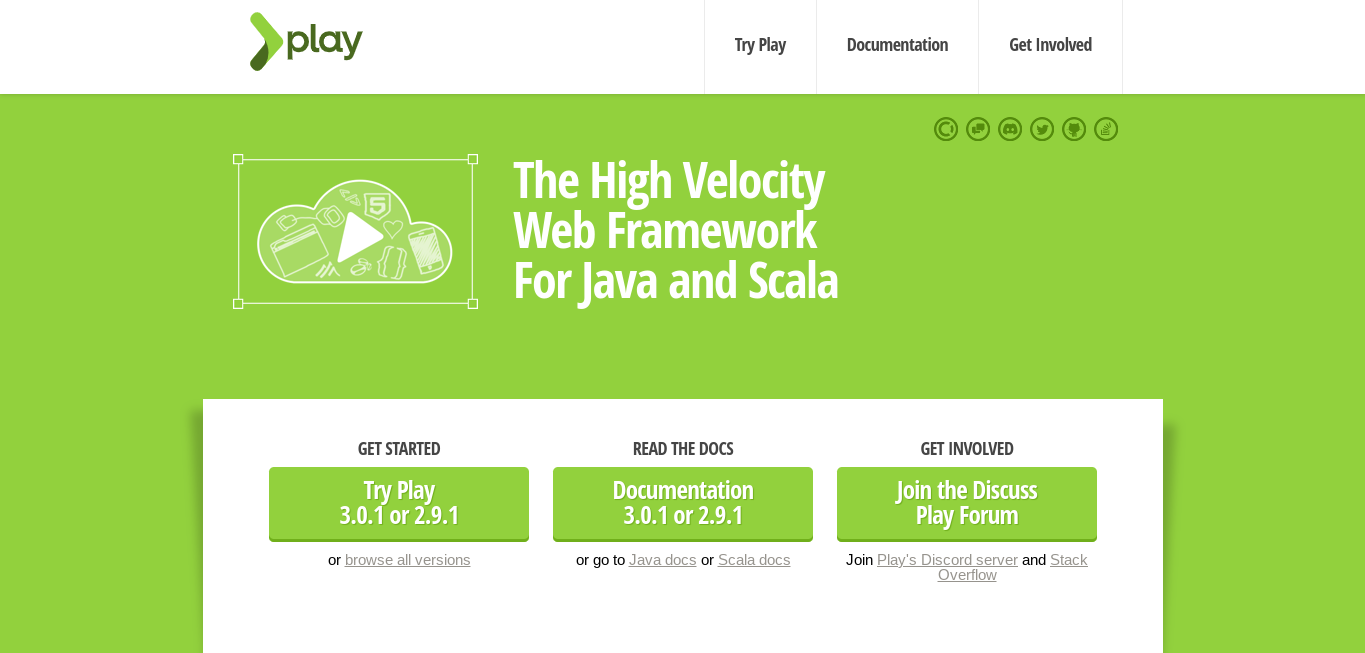The Top 25 Essential Java Software: Enhancing Development, Testing, and Productivity
- 1 Why Have We Chosen These Alternatives?
- 2 Here are 25 Essential Java Software
- 2.1 Eclipse IDE
- 2.2 Apache Tomcat
- 2.3 NetBeans IDE
- 2.4 Atom
- 2.5 Android Studio
- 2.6 Visual Studio
- 2.7 Maven
- 2.8 JUnit
- 2.9 Spock
- 2.10 Mockito
- 2.11 Selenium
- 2.12 The Spring Framework
- 2.13 The Play Framework
- 2.14 Apache Wicket
- 2.15 Gradle
- 2.16 A Java compiler
- 2.17 Groovy
- 2.18 Git
- 2.19 Oracle Database (Oradatabase)
- 2.20 JDK, or Python Development Kit
- 2.21 Findbug
- 2.22 Jenkins
- 2.23 Eclipse
- 2.24 Spring
- 2.25 Play
- 3 Which one do we recommend as the most optimal?
- 4 Methodology
Your developers will spend hours writing, testing, and deploying code for an app. They need the right Java tools to do the job, but how do you choose? Java is the most popular business programming language. Due to its popularity, hundreds of tools exist to speed up development and simplify code. The tools you use in development depend on your application’s emphasis, developers, and project timeline. But remember that your devs must grasp Java to use every tool effectively. You cannot use them successfully otherwise. If you need help choosing a development kit, FRG Technology Consulting has compiled a list of Java tools your organization needs.
Why Have We Chosen These Alternatives?
We chose these crucial Java apps for their relevance, adaptability, and effect across sectors. Java is a software development mainstay due to its portability, platform freedom, and resilience. The selected applications demonstrate Java’s corporate systems, web development, and mobile apps expertise. Each choice has a purpose, from the ubiquitous Java programming Kit (JDK) that underpins Java programming to the sophisticated Spring Framework that helps build scalable and modular applications. Apache Hadoop and the Android SDK demonstrate Java’s supremacy in big data processing and mobile app development, respectively. These applications show Java’s resilience and flexibility to changing technology.
Here are 25 Essential Java Software
Eclipse IDE
Eclipse is a popular open-source Java IDE. The robust plugin ecosystem lets developers extend its functionality. Eclipse is a programming IDE. The environment can be customized with a base workspace and plugins. The most popular Java IDE until 2016, it is now the second.
Key Features:
- Extensibility: Eclipse supports several plugins, letting developers customize their IDE.
- It has a solid debugger to find and correct code errors.
- Code Assistance: Eclipse provides intelligent code completion and coding tips.
- Version Control Integration: Git integration for cooperation.
Apache Tomcat
Open-source application server and servlet container Apache Tomcat. It hosts Java web applications robustly using Java Servlet, JSP, and Java Expression Language.
Key Features
- Lightweight: Tomcat is lightweight and straightforward to deploy and run.
- Platform-Independence: It works on multiple operating systems.
- Support for numerous Java EE specs gives Tomcat flexibility for different applications.
- Maintenance by an active developer community ensures updates and support.
NetBeans IDE
Description: NetBeans is a powerful open-source Java IDE with Maven and Git support. Performance optimization tools and external plugins are their speciality.
Key Features
- Maven and Git Integration: NetBeans simplifies development using Maven and Git.
- Performance Optimization Tools: It optimizes IDE-developed apps.
- NetBeans’ clever code editing boosts efficiency.
- Plugin Support: The IDE supports many additional plugins to enhance its capabilities.
Atom
GitHub created Atom, a free, hackable IDE. It supports cross-platform, has package management and autocompletion, and was designed for developers.
Key Features
- Hackable: Developers can customize Atom to their liking.
- Developers have flexibility because it runs on multiple operating systems.
- Atom’s package manager simplifies plugin and extension installation.
- The IDE enables autocompletion, improving coding speed and accuracy.
Android Studio
The official Android app development IDE is Android Studio. The IntelliJ-based tool replaced the Eclipse Android Development Tool. The official Android app development IDE is Android Studio. Based on IntelliJ IDEA’s sophisticated code editor and developer tools, Android Studio offers more capabilities to boost Android app development productivity.
Key Features
- Android Development: Tools and features customized for Android app development.
- IntelliJ Platform: The robust IntelliJ IDEA platform makes development easy.
- Code Analysis: Android Studio has powerful code analysis capabilities to find and repair bugs.
- App interface design is possible using its visual layout editor.
Visual Studio
MS Visual Studio works as an integrated development environment. Java and other languages are supported. You may complete the development cycle in Visual Studio, a sophisticated developer tool. You can write, edit, debug, build, and deploy code in this full IDE. Visual Studio improves every stage of software development with compilers, code completion tools, source control, extensions, and more.
Key Features
- Visual Studio offers versatility by supporting multiple programming languages.
- Rich Plugin Library: Lots of IDE plugins and extensions boost functionality.
- Robust code navigation simplifies large codebases.
- Solve problems using Visual Studio’s sophisticated debugger.
Maven
Project management and build automation tool Apache Maven. It simplifies Java compilation and dependencies.
Key Features
- Maven effectively manages project dependencies and libraries.
- It ensures project-wide build consistency.
- Maven has several plugins for functionality.
- Maven centralizes project settings in pom.xml.
JUnit
JUnit is a prominent Java testing framework. It validates Java code using test-driven development.
Key Features
- JUnit enables progressive testing during development.
- Annotation-defined test methods simplify test design and organization.
- Execute test suites with JUnit.
- Several integrated development environments work well with it.
Spock
Spock is a Java and Groovy BDD testing and mocking framework. Readability and expressiveness in testing are stressed.
Key Features
- Spock’s descriptive BDD syntax simplifies test reading.
- It allows data-driven testing with different data sets.
- Spock simplifies unit testing, mocking, and stubbing.
- Spock integrates with popular IDEs and builds tools to simplify development.
Mockito
Mockito is a popular Java mocking framework. It helps create and configure mock objects for unit testing.
Key Features
- Simple Syntax: Mockito’s mocking and stubbing syntax is straightforward.
- Annotations: Mock annotations save boilerplate code.
- Verification: Mockito verifies code-mocked object interactions.
- Mocking Concrete Classes: Mockito mocks interfaces and concrete classes.
Selenium
Selenium is a solid and popular open-source web application testing platform. It allows programmatic browser interaction.
Key Features
- Selenium offers cross-browser testing to ensure browser compatibility.
- It handles dynamic web page items using multiple finding algorithms.
- Parallel Test Execution: Selenium parallelizes tests for faster results.
- Java integration: Java developers use Selenium because of its great Java integration.
The Spring Framework
The Spring Framework is a complete open-source framework for Java-based enterprise apps. It supports infrastructure and recommends design.
Key Features
- Spring uses Inversion of Control (IoC) to simplify dependencies and encourage loose coupling.
- It supports aspect-oriented programming (AOP), which lets developers isolate cross-cutting issues.
- Spring simplifies database access with JDBC and ORM frameworks like Hibernate.
- Application security: The framework contains elements for solid application security.
The Play Framework
Play is an open-source Java and Scala web application framework. Reactive programming and lightweight design are its hallmarks.
Key Features
- Developers may view changes instantaneously without restarting Play with hot reloading.
- Built-In Testing Support: It simplifies test writing and execution.
- Play prioritizes asynchronous I/O to improve application responsiveness.
- Play’s design follows modern web development standards.
Apache Wicket
Java web application framework Apache Wicket is lightweight and component-based. The development of complex web apps is simplified. Like JavaServer Faces and Tapestry, Apache Wicket is a component-based online application framework for Java.
Key Features
- Wicket’s component-based architecture encourages modular, reusable components.
- Built-in AJAX support improves user experience.
- Stateful Programming Model: Wicket simplifies user interactions with server state.
- Wicket works with several Java frameworks and technologies.
Gradle
Advanced Groovy-based build automation tool Gradle. This offers scaling and flexibility.
Key Features
- Gradle build scripts use Groovy’s concise syntax.
- Gradle rebuilds only what is needed, making incremental builds efficient.
- It allows multiple project builds with one configuration.
- Gradle has a rich plugin ecosystem for mixing tools and technologies.
A Java compiler
JDK’s standard compiler is Javac—a Java source-to-bytecode translator.
Key Features
- Javac compiles Java source code into JVM-compatible bytecode.
- Syntax, type-checking, and compilation mistakes are found.
- Javac optimizes bytecode for efficiency.
- Javac integrates with Java IDEs easily.
Groovy
Dynamic, object-oriented Java programming language Groovy. It boosts Java syntax and productivity.
Key features
- Groovy includes dynamic typing for flexible, concise programming.
- Java support: Works with Java programs and libraries.
- Groovy supports DSLs.
- Groovy has script-friendly syntax.
Git
Software developers use Git to track source code changes.
Key Features
- Developers can collaborate on a repository with Git.
- Branching and merging workflows for parallel development is its speciality.
- Large projects are managed quickly and efficiently with Git.
- Git has a large, active community.
Oracle Database (Oradatabase)
Oracle Database, a robust and adaptable business database management system, supports multiple models. The system supports data warehousing and OLTP.
Key Features
- Oracle DB supports relational, document, graph, and other data models.
- Scalable, it handles big datasets and complex searches well.
- Oracle DB protects sensitive data using encryption and access controls.
- Deployments might be on-premise, cloud, or hybrid.
JDK, or Python Development Kit
JDK is the official Java developer toolset, per description. It contains all Java development binaries and tools.
Key Features
- Java Virtual Machine (Java) in the Java Development Kit (JDK) compiles source code to bytecode.
- The preloaded JRE is needed to run Java apps.
- The JDK provides a debugger and profiler for Java application troubleshooting.
- The JDK provides detailed Java API documentation.
Findbug
FindBugs, an open-source static analysis tool, finds Java program problems. Developers can improve code with it.
Key Features
- Using static bytecode analysis, FindBugs finds bugs.
- It details issues and proposes remedies.
- Help with Integration: FindBugs can easily integrate with IDEs and construct procedures for continuous analysis.
- Developers can customize rules for project-specific code.
Jenkins
The free and open-source Jenkins server automates software development lifecycle processes like testing and deployment. It simplifies CI/CD.
Key Features
- Jenkins automates software development and testing for consistency.
- The plugin ecosystem makes it compatible with various tools and technologies.
- Jenkins simplifies complex software development and deployment with pipelines.
- VCS integration: Supports Git and other version control systems for automatic build triggering.
Eclipse
Eclipse is a popular open-source Java IDE. Many programming languages are supported.
Key Features
- This huge plugin ecosystem allows you to add new capabilities to Eclipse.
- Help with code: Automated code completion and error-checking help.
- Eclipse includes sophisticated debugging capabilities to find and fix problems.
- Integrates easily with Git and SVN.
Spring
Spring is a prominent open-source Java corporate application framework. It fully supports infrastructure.
Key Features
- Spring improves modularity and testability using IoC.
- AOP streamlines logging and security.
- Spring supports JDBC and ORM data access.
- High-security Java apps are protected.
Play
Open-source Java and Scala web application framework Play. It boasts modern web development and developer productivity.
Key Features
- Play is lightweight and user-friendly for desktop and mobile apps.
- Web-friendly: Replaces Java EE and resembles PHP/Ruby.
- Play allows real-time program updates without scripting.
Git/Maven compatibility: Built-in.
Which one do we recommend as the most optimal?
Eclipse is the best integrated development environment (IDE) because it is flexible, has a great plugin ecosystem, and has all the features developers require. For developers juggling several projects, Eclipse’s flexible interface and support for multiple languages make it a popular choice. It is top-notch because of its robust debugging tools, integrated VCS, and easy collaboration. Thanks to its open-source attitude, Eclipse IDE has become a top choice for software development teams all around the globe.
Methodology
Great functionality, widespread use, and significant impact on varied industries are the criteria used to select the Top 25 Essential Java Applications. From enterprise solutions to development tools, these apps showcase Java’s versatility. Database management tools like Hibernate and frameworks like Spring are among these. Powerful integrated development environments (IDEs) include Eclipse and IntelliJ IDEA. These apps are vital to the Java ecosystem because they are stable, fast, and involved in making Java better.

